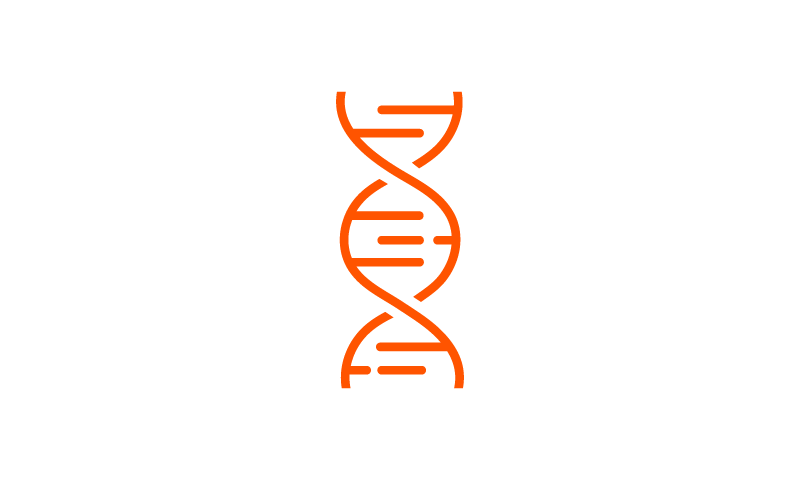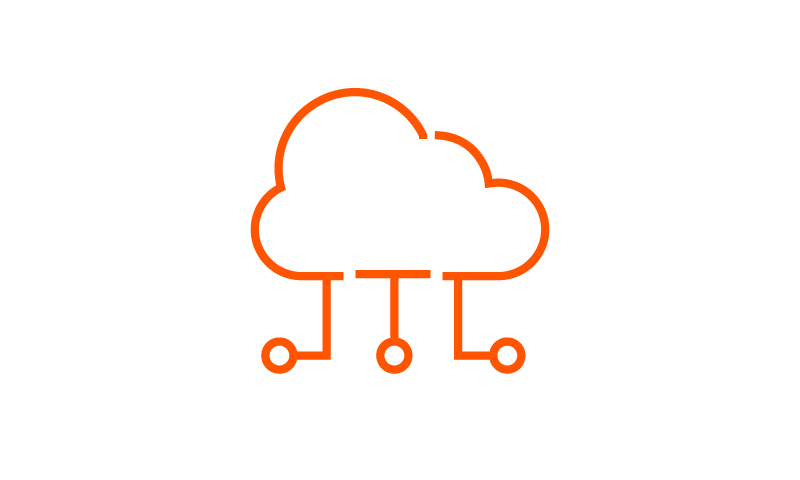Code Conference 2023: An AI-Fueled Odyssey
Vox Media’s annual Code Conference is positioned as an opportunity for tech and business leaders to talk about “what comes next.”1 Not surprisingly, the glimpses into the future that this year’s conference offered were all under the overarching theme of artificial intelligence (AI) and what it potentially means for the economy at large. Life without smartphones seems like a distant memory and, for many people now, a life that never was. I expect AI to generate the same feeling one day, given the sheer breadth of its potential use cases.
That’s why “adapt” is an operative word with AI growing more prominent via natural language processing tools, autonomous driving tech, and industrial robots, among other use cases. Video communication may yet be another prominent area for AI. Google’s Project Starline uses advanced AI to model the person that you’re talking to through a television-like screen and a light field display to project a truly lifelike 3D image of them.2 Perhaps someday I could use it to catch up with my college classmate, Vox CEO Jim Bankoff. But this year I got an invite to Code Conference 2023 and tested it out there (it’s amazing). I also learned much more about what’s next.
Key Takeaways
- AI is not optional for businesses. It is essential for survival in a rapidly changing world.
- Navigating this burgeoning tech frontier requires public and private sector vigilance and guardrails.
- Investment portfolios must have exposure to companies capable of implementing and monetizing AI.
Embrace AI or Become Obsolete
Part of embracing AI is recognizing that it will be everywhere and in everything, or at least many things. And often in different ways than we’re used to. For example, with AI, “A car is a platform.”3 Those were the words of RJ Scaringe, CEO of electric vehicle (EV) manufacturer and auto technology company Rivian, which aims to evolve into a software and data powerhouse.
Rivian also aims to be a charging infrastructure leader, revolutionizing mobility one electric mile at a time. The company’s ambitious plans include a growing charging network that integrates with Tesla’s ports. Such a collaboration may seem akin to Coca-Cola and Pepsi sharing the same vending machine, but the interoperability that advanced technology creates can make seemingly strange bedfellows not all that strange. In this case, accelerating EV adoption and sustainability, including battery recyclability, can benefit the entire new mobility ecosystem.
Of course, this interoperability relies on the semiconductors from companies like Advanced Micro Devices (AMD). CEO Lisa Su highlighted AMD’s Instinct MI300 datacenter chip, the first to combine a central processing unit (CPU), graphics processing unit (GPU), and memory into an integrated design.4 With all the talk about AI, Su also highlighted the gaming ecosystem as a potential source of exponential growth for chips, both cloud and console. Gaming is a powerful entertainment outlet, she said, noting that people want the ability to play them when they’re on the go and across different platforms.5
AI Rules Required
Generative AI’s potential upside is tantalizing. ChatGPT and other AI chatbots that burst onto the scene in 2023 only hint at their eventual power. Still, use them for only a short period, and it’s not hard to see potential issues. Generative AI blurs a lot of lines when it comes to user generated content (UGC), specifically who owns what. Robert Kyncl, CEO of Warner Music Group, spoke about YouTube’s video and audio content ID system as a potential “blueprint” for AI-generated content.6 The system screens uploaded videos for copyrighted content. If detected, copyright owners can monetize the video or have it taken down from the platform. This safety valve helped turn YouTube into a multi-billion dollar business.
Another blueprint for UGC may have been scripted in Hollywood.7 The striking Writer’s Guild of America closing on a deal with the Alliance of Motion Picture and Television Producers was a topic of conversation at the conference, in that AI figured prominently in the negotiations. The writers demanded AI protections and ultimately got them. The new contract doesn’t prohibit the use of AI in the writing process, but writers largely control its use rather than the studios. That safeguard provides both income and job security.
In my view, these examples actually speak to the much-publicized interview with Linda Yaccarino, CEO of X (formerly Twitter). Whether it’s a bot capable of writing a Grammy-winning song or a social media platform that can influence markets and elections, ultimately advanced technology’s impact is dictated by its stewardship. Public and private sector collaboration, as well as continued investments in trust and safety, are critical to ensuring that AI serves the public good.
Portfolio Prep for What Comes Next
This late cycle period and the upcoming cycle are poised to be transformative as companies adapt to elevated inflation, higher interest rates, deglobalization, and the push for clean energy. Companies must invest in productivity, and AI and AI-related technologies offer compelling enhancements.
Exposure to companies that use AI effectively can bring new growth potential to portfolios, particularly with AI likely to reshape market leadership in various industries, from tech giants to industrial manufacturers. The application of AI and the implications of its application, for example, the critical need for cybersecurity solutions, is but one instance of the myriad intersections that AI creates.
Conclusion: Human Intelligence Is the Driver
I found Code Conference 2023 to be a fast-paced, insightful journey through the AI-fueled tech cosmos. The convergence of thoughtful perspectives on next-generation technologies from a medley of tech, business, and media personalities provided me new opportunities to assess what’s required in the coming disruption, and I’m grateful for the experience. I expect AI to enhance life as we know it and create exciting investment opportunities. But as it does, I think it’s important to remember that AI can never replace the essence of human ingenuity and adaptability, as we are the inputs.


